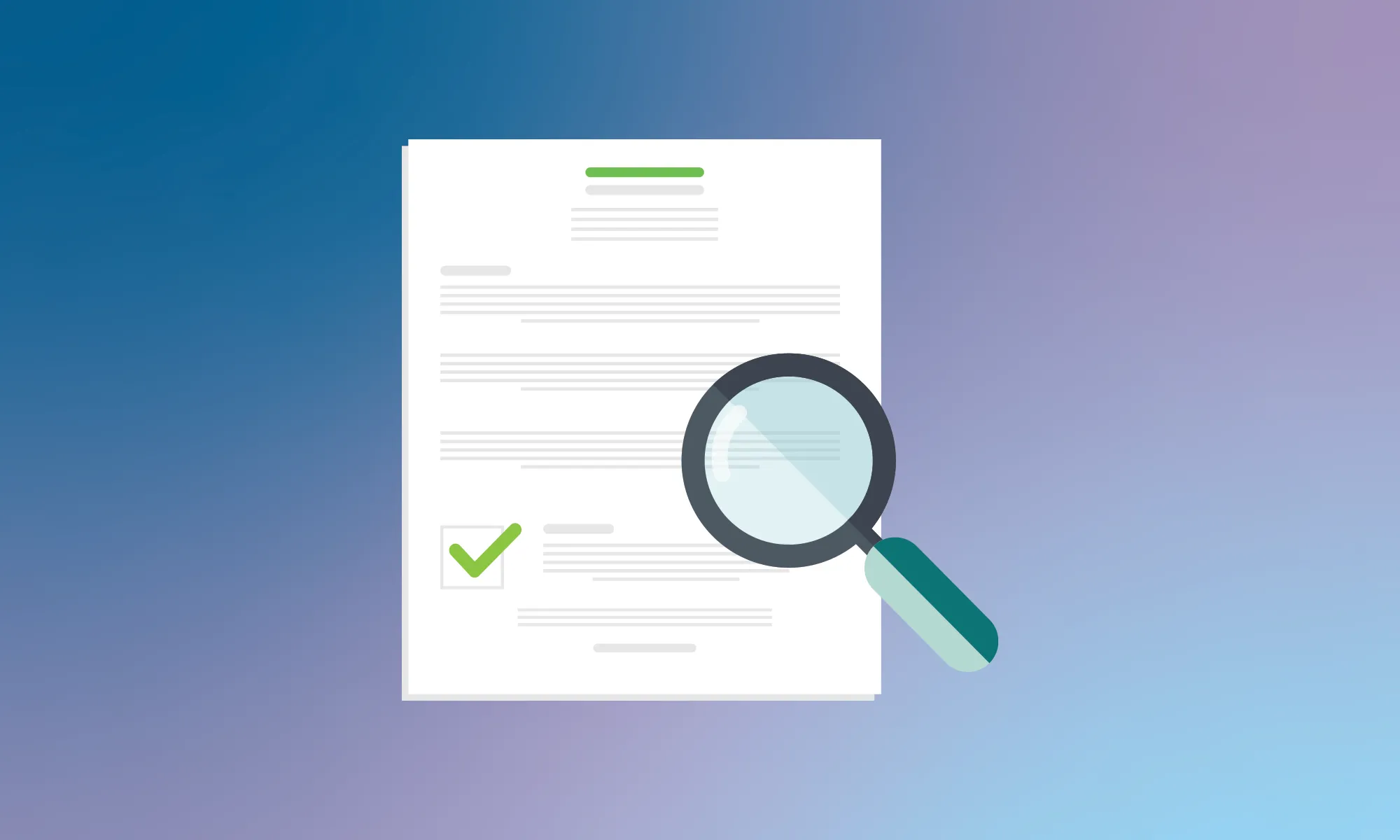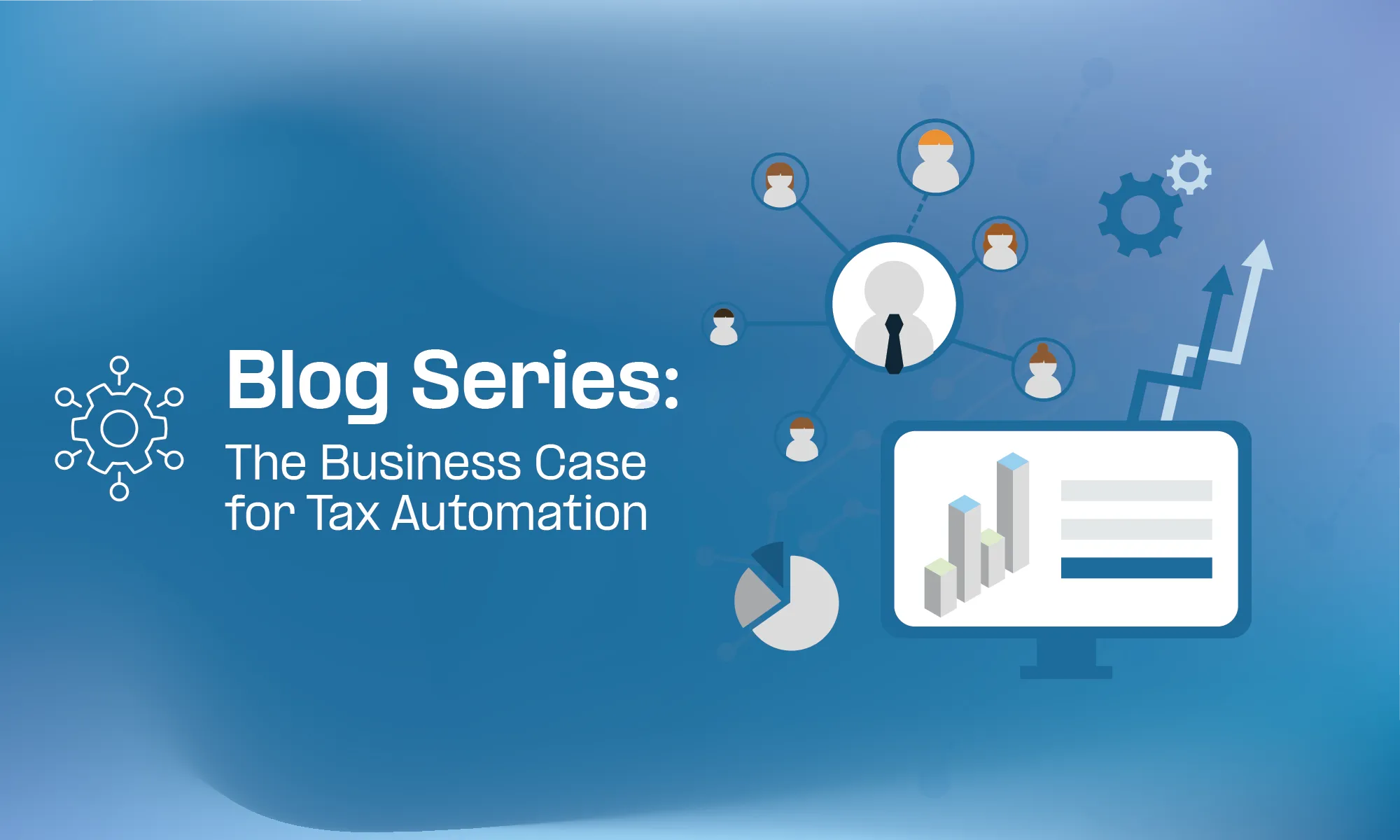VAT on Digital & Electronic Services in Spain
VAT Rates & Compliance for Digital Services in Spain
Are digital services taxable?
Yes
VAT rate
Typically 21%
Digital reporting requirements
Mandatory if VAT registered
Digital Services in the European Union(EU) are often referred to as electronically supplied services (ESS). Spain applies the harmonized EU VAT rules for ESS.
- For B2B supplies of such services, the general place of supply rule for services has to be taken into consideration.
- For B2C supplies, the EU ESS rules should apply to foreign companies selling to Spanish consumers (B2C).
Under the EU’s B2C ESS rules, until the sales value reaches EUR 10,000 (including distance sales of goods), the seller can charge VAT where it is resident. Once the sales exceed the threshold, the seller should register for VAT in Spain, or it can choose to account for the VAT under the EU’s One Stop Shop (OSS) regime.
VAT Rate: 21% VAT rate is typically applied to the sale of affected electronically supplied services (ESS).
Electronically Supplied Services (ESS) in Scope
Electronically supplied services include services that are delivered over the Internet or an electronic network and the nature of which renders their supply essentially automated and involving minimal human intervention, and impossible to ensure in the absence of information technology.
The following are examples of electronically supplied services:
- Website supply, web-hosting, distance maintenance of programs and equipment
- Supply of software and updating thereof
- Supply of images, text, and information and making available databases
- Supply of music, films, and games, including games of chance and gambling games, and of political, cultural, artistic, sporting, scientific, and entertainment broadcasts and events
- Supply of distance teaching
Communication via email between the service provider and its customer does not qualify as ESS.
Determining the Location of the Spanish Consumer
The place of supply of electronically supplied services is the place where the customer of the service is established, and has his permanent address, or habitual residence, regardless of whether the customer is a taxable person or a consumer and regardless of whether the supplier is established within or outside the European Union.
VAT Registration for Foreign Companies
Foreign companies should apply to register for VAT with the local tax authorities when the applicable thresholds are breached. Applications are processed by the local tax authorities. Foreign companies can avoid VAT registration in Spain by using OSS after exceeding the registration threshold. The OSS simplifies the declaration of B2C sales of goods and services in the EU. It allows businesses to register electronically in one Member State and file a single VAT return for all eligible sales of goods and services across all Member States where the taxpayer has an obligation to report and remit.
- VAT registration threshold for intra-EU distance selling of goods and B2C telecommunications, broadcasting & electronic services (TBE): EUR 10,000 (net) per calendar year
- VAT registration threshold for non-resident, non-EU based suppliers of electronically supplied services (ESS): No registration threshold
- Fiscal representatives: Mandatory only for non-EU established businesses
- Foreign companies can avoid VAT registration in Spain by using the EU OSS.
VAT Returns and payment of taxes
VAT returns for non-residents
If registered, businesses should collect and remit taxes to the Spanish Tax Authority using Form 303.
Spain does not provide simplified returns for non-resident companies. Instead, they can use the EU OSS return to remit taxes via another EU Member State and avoid VAT registration in Spain.
If registered in the OSS, businesses should collect and remit taxes to the Spain Tax Authority using Form 36.
Digital Reporting Requirements for Cross-Border Digital Services
Reporting obligations only apply if the foreign company is VAT-registered in Spain and falls within the scope of reporting.
For more information about digital reporting requirements in Spain, see the E-invoicing and Digital Reporting page
Disclaimer on Tax Advice
Fonoa does not provide professional tax opinions or tax management advice specific to the facts and circumstances of your business and that your use of the Specification, Site, and In addition, due to rapidly changing tax rates and regulations that require interpretation by your qualified tax professionals, you bear full responsibility to determine the applicability of the output generated by the Specification and Services and to confirm its accuracy. No professional tax opinion and advice. Fonoa does not provide professional tax opinions or tax management advice specific to the facts and circumstances of your business and that your use of the Specification, Site, and In addition, due to rapidly changing tax rates and regulations that require interpretation by your qualified tax professionals, you bear full responsibility to determine the applicability of the output generated by the Specification and Services and to confirm its accuracy.










